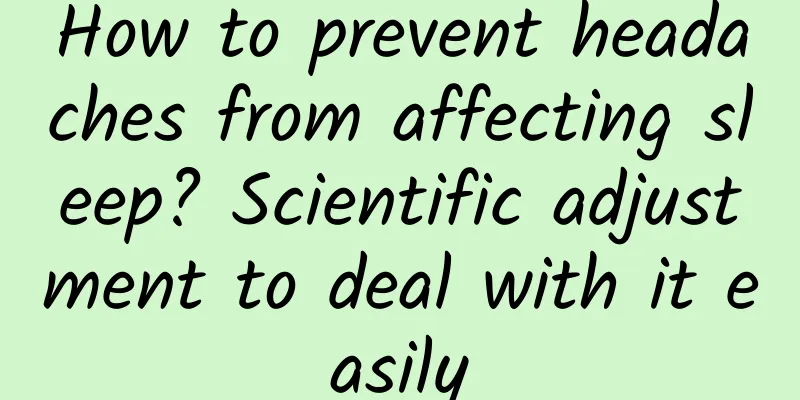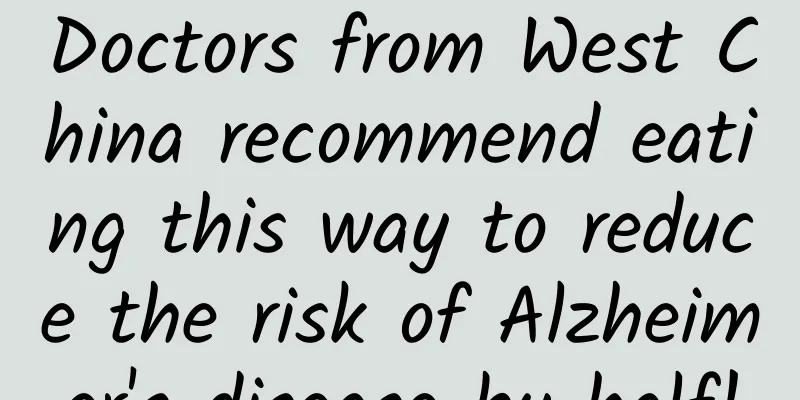Is it okay to have a tooth extracted during menstruation? What should women pay attention to when extracting teeth during special periods?

|
Diseased teeth, such as cavities or wisdom teeth, can cause great pain to the human body and are usually removed at a dental clinic. However, there are many things to pay attention to when extracting teeth. For example, for women, the menstrual period, pregnancy period and lactation period are relatively special periods. During this period, there are certain precautions for any treatment. The following will introduce what you need to pay attention to when extracting teeth during special periods of women. 1. Menstrual period During menstruation, women's endocrine balance is affected to a certain extent, and some subtle changes occur in the body. At this time, the fragility of blood vessels increases, the ability of blood vessel contraction decreases, and bleeding is likely to occur after rupture. In addition, patients who have tooth extractions during menstruation are more sensitive to pain and are more prone to infection. Therefore, except for special circumstances, it is best for women to avoid menstruation when having their teeth extracted. In principle, women should avoid tooth extraction during menstruation because compensatory bleeding may occur in the alveolar cavity during menstruation. However, extracting loose teeth during menstruation will not have much impact on the patient. Some "deep-rooted" teeth, such as impacted teeth or impacted teeth, should be removed after menstruation. Data shows that it is most appropriate for women to have their teeth extracted around the 10th day of the menstrual cycle. At this time, the wound heals faster and bacterial infection is less likely to occur. 2. Pregnancy Some people believe that teeth should not be extracted during pregnancy because it may cause miscarriage. However, a large number of clinical practices have shown that tooth extraction during the 3rd to 7th month of pregnancy is relatively safe and has no adverse effects on pregnancy. During this period, the following points should be noted: ①. Inject 10 mg of progesterone intramuscularly one day before and on the day of tooth extraction. ②. Do not add epinephrine to the tooth extraction anesthetic. ③. Anesthesia must be complete and the analgesic effect must be good. Tooth extraction is prohibited during pregnancy for patients with a history of habitual miscarriage or habitual premature birth. 3. Lactation It is completely possible to have teeth extracted during breastfeeding. Some people say that having teeth extracted during this period will interrupt or reduce milk secretion. This statement is unscientific. Clinical practice shows that it has no effect on milk secretion. But do not take antibiotics, as the drugs and their metabolites can pass through breast milk and may affect the baby. While taking birth control pills, they can increase the decomposition of fibrin in the body, making it impossible for the wound to form a good blood clot, making it easy for bacteria to take advantage of the opportunity to enter and cause infection, affecting wound healing. |
<<: What are the biggest benefits of eating sea cucumbers after pregnancy?
>>: Does kidney stones affect the fetus during pregnancy?
Recommend
Is it OK to eat hot pot while losing weight? What are the precautions for eating hot pot?
When eating hot pot, people often pursue tenderne...
Health knowledge about menopause
Many female friends are confused about menopause,...
What does it feel like to have abdominal pain in women?
Lower abdominal pain is a common condition among ...
What can women eat to replenish their qi deficiency the fastest?
The blood and qi problem of women is the key to w...
What are Trichomonas vaginitis and Candidal vaginitis?
Maybe due to our lack of attention to hygiene, we...
National Liver Care Day | Be careful with your liver! Don’t let medication hurt it quietly
March 18 National Liver Care Day A report in 2018...
Can eating fermented rice wine and eggs help enlarge breasts during menstruation?
During menstruation, if female friends know how t...
Why are women not interested in sex?
As we all know, for many people in life, the most...
Know a little about “medicine” | Is it natural to give cephalexin to children when they have a cold?
The weather has been hot and cold recently, and m...
What is the relationship between Cao Cao and Cao Zhen in Romance of the Three Kingdoms? What are the events related to Cao Pi in Romance of the Three Kingdoms?
The Romance of the Three Kingdoms is the first ch...
Comparison of similarities and differences between mobile Internet and medical industry
"Internet +" has become a national poli...
What should girls eat to achieve immediate beauty results
In our diet, there are actually many foods, inclu...
What should women drink for beauty effects?
Love of beauty is human nature. No matter female ...
How long does it usually take for menstruation to occur after an abortion?
Abortion is an experience that many women have no...
What are the symptoms of bladder cancer?
1. Early symptoms 1. The most common symptom of b...







![[Medical Q&A] Gastrointestinal bleeding, how to judge the degree of bleeding from the color of stool?](/upload/images/67eff841eb7a4.webp)

